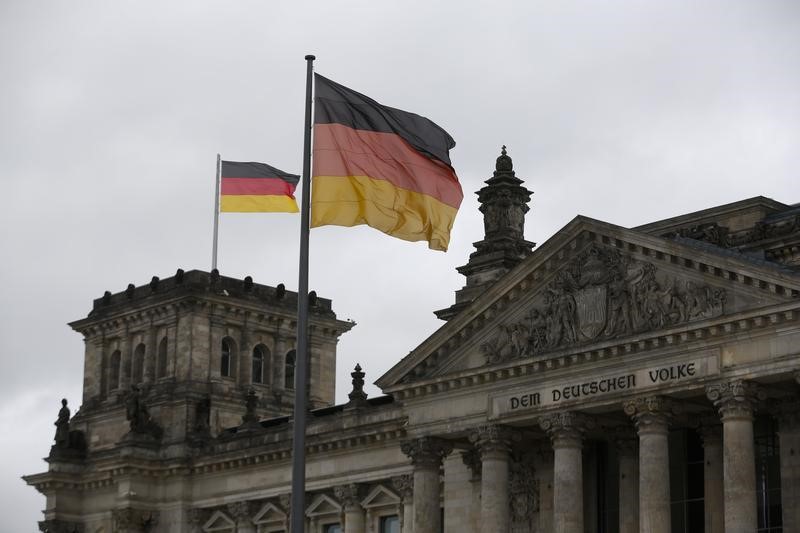FRANKFURT (Reuters) - Investigators at German financial watchdog Bafin have not discovered any signs of systemic efforts to manipulate currency benchmarks, rather, only individual efforts, banking supervisory head Raimund Roeseler said in a newspaper interview on Tuesday.
In addition, Bafin is preparing to close its gold probe after not uncovering any signs of attempted benchmark price manipulation, Roeseler told daily Handelsblatt.
"We don't have the impression that there was a system behind the (currency) manipulation. Rather, it was simply the greed of individuals or groups in the most diverse places," he said.
Those places include Singapore, South America, Russia and Poland, he said.
"Sometimes it wasn't even clear whether those being investigated really manipulated or whether they were simply boasting that they could do so," he said.
Turning to gold, Roeseler said: "We haven't found any signs of manipulation. If we don't get any additional evidence about where things were supposedly manipulated, then we're done with the gold subject."
Banks have faced billions of euros in fines and settlements with regulators and law enforcers in the wake of the financial crisis, with billions more expected.
The longest-running probe into attempts to manipulate interest rate benchmarks like Libor, or the London interbank offered rate, is about to conclude, Roeseler said, without elaborating on the possible result.
Deutsche Bank (DE:DBKGn) has already paid some fines for alleged interest rate manipulation efforts but has not yet been involved in settlements for foreign exchange benchmark-rigging, unlike other major trading banks.
The UK's Financial Conduct Authority told Deutsche Bank in November it would not be taking action against it in relation to a settlement with five other banks.
Deutsche Bank declined to comment on the Roeseler interview.
The bank's own internal investigations into the Libor and currency markets have found nothing that implicates the bank's two co-chief executives, Anshu Jain or Juergen Fitschen, officials both inside and outside of Deutsche Bank have said.
Deutsche Bank has already spent around 7 billion euros (5 billion pounds) since 2012 on fines and settlements and is expected to unveil around 1 billion euros more in legal charges when it publishes its quarterly results on Jan. 29.
Roeseler said banks have responded to the currency investigation by tightening controls and imposing zero-tolerance policies for misbehaviour. German banks have also been fully cooperating with authorities, he said. "That will certainly lead in the end to fines being lower," he said.
